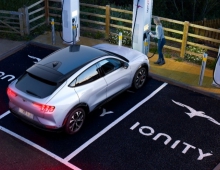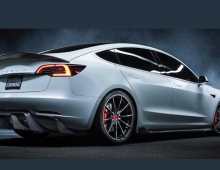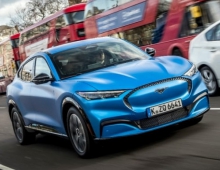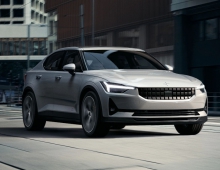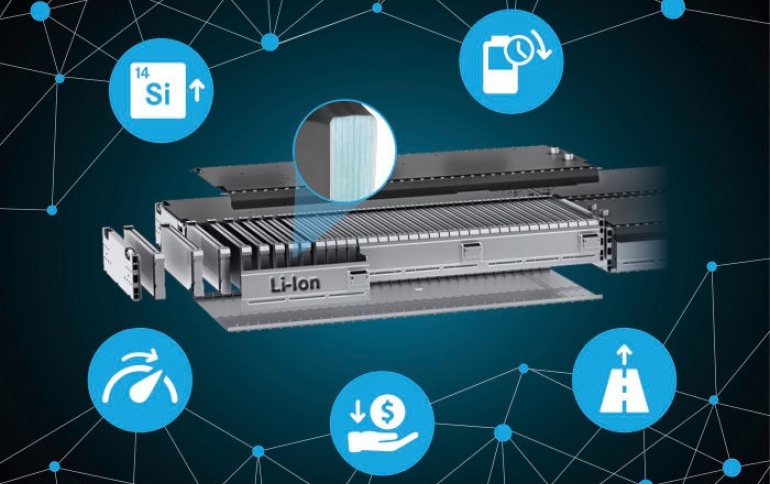
Daimler Teams Up with Sila Nanotechnologies on New Lithium-ion Battery Materials
Daimler AG has acquired a minority equity stake in U.S. battery material specialist Sila Nanotechnologies Inc. (Sila Nano) as part of its research and development activities.
Founded in 2011, Sila Nano is a developer of new battery materials, which outperform existing lithium-ion technologies.
Along with the acquisition of the equity stake Daimler will get a seat in the Board of Directors of Sila Nano.
“Lithium-ion technology is currently the most efficient battery technology available, and still shows plenty of potential for the future. The advancements Sila Nano have made in battery performance are very promising. We are looking forward to a fruitful cooperation, pooling our know-how on further development and fast commercialization,” said Sajjad Khan, Executive Vice President for Connected, Autonomous, Shared & Electric Mobility, Daimler AG.
Improvements to traditional Li-Ion battery chemistry have reached their limits and Sila Nano’s cross-disciplinary team of scientists and engineers have pushed forward the development of the next generation of battery chemistry, harnessing the power of silicon to be safe and scalable for mass production.
The company, headquartered in Alameda, California, replaces conventional graphite electrodes entirely with its proprietary silicon-dominant composite materials that enable high energy density and high cycle life, which translates to more powerful, longer-range and enduring sources of power for electric vehicles. These materials drop into existing Li-ion factories, making it possible to deploy efficiently and at scale.
“This breakthrough chemistry demonstrates up to 20 percent improvement today, with the potential to reach further improvements over state of the art traditional Li-ion. We’re excited to be working with Daimler to bring better, more energy-dense batteries to their fleet and bring our shared vision for the future of electric vehicles to life for more people,” said Gene Berdichevsky, co-founder and CEO of Sila Nano.
By 2022, the entire Mercedes-Benz Cars product range is set to be electrified. This means that different electrified alternatives will be available in every segment - from the 48-volt electrical system (EQ Boost), plug-in hybrids (EQ Power) and more than ten all-electric vehicles (EQ) powered by batteries or fuel cells. Daimler expects electric models to already make up between 15 and 25 percent of Mercedes-Benz Cars total sales by 2025.
The global battery production network of Mercedes-Benz Cars will in the future consist of nine factories on three continents.


